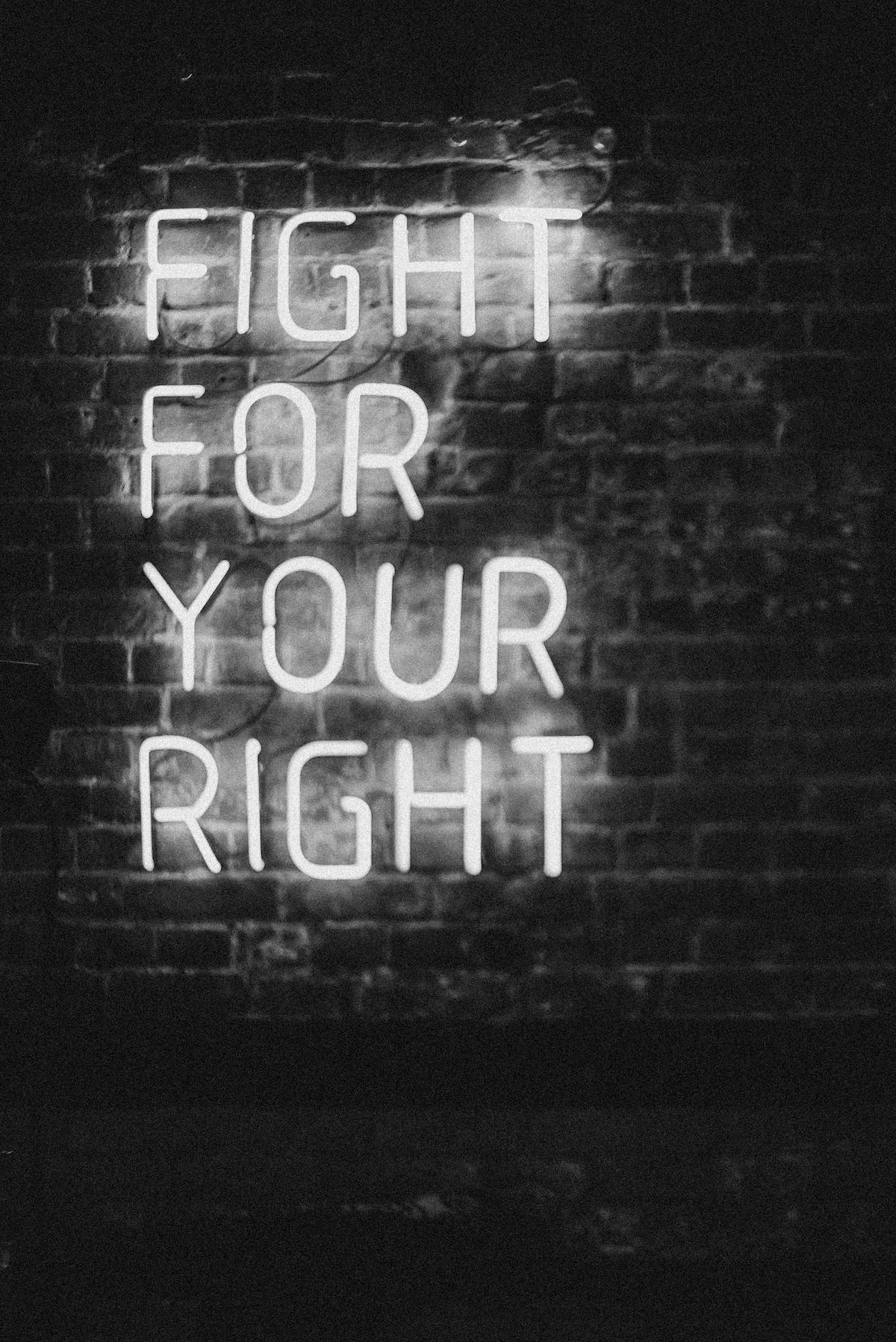
What a chance to restart our regular blogs with a Clash reference! Not least as it is revisiting my youth. Although I am not proposing bank robbery. It may be that it reflects what many artists feel when they experience ‘daylight robbery’! I fought the law and the law won. Umm
Well, those who have read earlier blogs will know that we are not particularly enamoured with some of the traditional models operated in the music industry. For a creator to succeed it seems that they have to overcome a succession of challenges. This starts with getting support to create their music, then market it and hopefully receive some payments. For most, this is a very long shot indeed.

At the centre of all of this is how their legal status is affected by those very traditional models which seek to acquire the copyrights from the artists themselves to exploit and then pay back a much smaller proportion of the revenues generated. Sadly that revenue is then used to pay back advances (debt) run up by the artist in making and marketing the record. Sadly these costs are often higher than they should have been. The process of contracting these agreements is often extremely arduous, difficult to understand and imbalanced.
So when Alex and I set out a while back to address this issue, we had two key points of focus. First change the legal relationship between those that wish to exploit the content created and bring down the upfront costs of creating the content in the first place. As many know, we are big promoters of the RevShare deal which addresses both points.

RevShare on Springer does not require an artist to assign their rights away, it does reward those that support the artist with key services, production, marketing etc and critically is easy to understand. This has the effect of bringing the costs down and reducing risk for everyone as well as making the artist’s career more sustainable.
The law can be very obscure and difficult to get your head around which is why it can well be that you fight the law and the law wins. It is also a fact that at early-stage agreements the costs for making these agreements are out of proportion to the stage the artist is at. It needs to protect all parties, the commercials need to be clear and should at any stage there be breaches in the obligations by either party be capable of resolution.
I have been around the law for over 40 years, I have experience of major commercial deals as well as small almost hand-to-mouth agreements. What I can say is that in the main, less is more. I have seen satisfactory agreements of no more than 6 pages expand beyond 40 to what end I was never that clear. I have also presented a detailed term sheet that all parties were happy with to the lawyers after 3 months of going back and forth and asked them if their 130-page document delivers these terms. It did not ….

The role of the lawyer is to advise and protect their clients. It is not to overstate or over-elaborate. I have had experience with some brilliant lawyers who can capture both the commercial terms and the protection required to support all involved parties within a compact and fit-for-service agreement. However, they seem to be the exception rather than the rule
Now at Springer, we are on a journey to deliver two things to our customers. First, a legal model that more than adequately manages a fair commercial agreement for the creators of tomorrow and secondly to do so without the immediate requirement of a lawyer.
We are currently raising further funds to allow us to expand our existing product offering and invest in future technology which will strengthen our ability to provide an even deeper and sophisticated service to our customers of which more next time

BTW although the round is closing soon, there is still some opportunity for investors to join this round. Message me if you are interested. Next, we will be looking at the future and how law can successfully be enhanced by those new technologies to help our creators and in keeping in the retro spirit
‘Business, numbers, money, people’
Until next time

